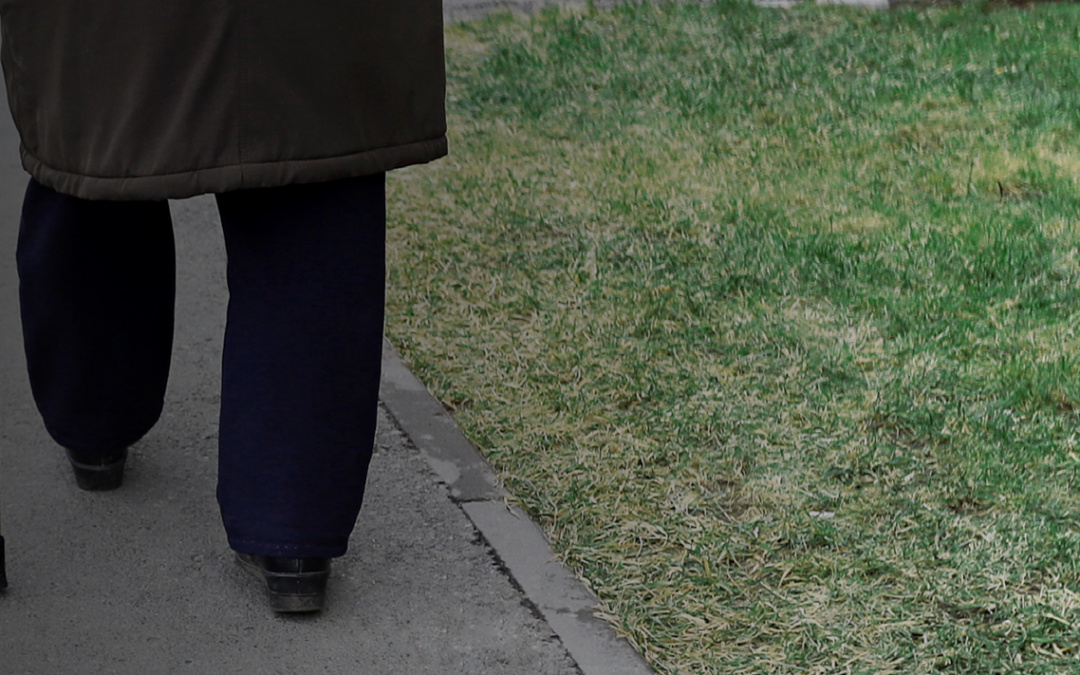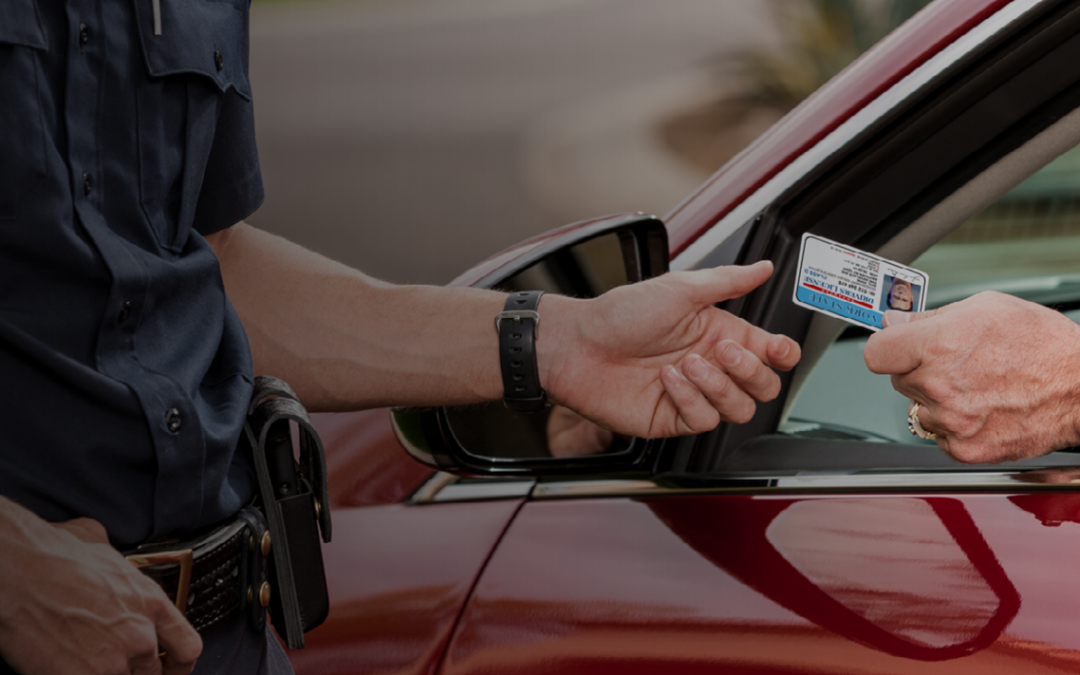Police Evidence Room Audit
Category: Law Enforcement
Gordon Graham here with Today’s Tip from Lexipol. Today’s Tip is for law enforcement.
How often do you audit, inventory, and inspect your evidence room?
Today’s Tip deals with the evidence room.
The property bureau is generally responsible for documenting, preserving, securing and storing evidence. It is also responsible to properly dispose of unneeded property. With more DNA evidence being collected, longer statute of limitations periods, and other factors, we are demanding more and more out of our evidence rooms. Some are stuffed beyond capacity. Many places have not dedicated the resources necessary to keep up. The evidence room does not get much attention when everything seems to be going well. But when something goes wrong, here come the auditors, the inspectors and the special committees.
Are you certain that your agency does not have any evidence in need of processing? If you have a biological sample that may be critical in solving a case, it should be at the lab and not in the evidence room.
Is your evidence room cluttered with mounds of unneeded items that should be returned, destroyed or disposed of? Unclaimed property, even money, may be considered abandoned. Check your policy and local law, and then clean house a bit. This will help you stay organized and ensure you have the room you need for the important stuff.
Can you accurately account for all of the property you are supposed to have? Can you prove exactly where the property you have is being stored? How often do you audit, inventory, and inspect your evidence room?
To ward off this problem lying in wait, no time is better than now to do a little housekeeping and to start inspecting and auditing your evidence room.
That’s Today’s Tip from Lexipol. Gordon Graham, signing off.





